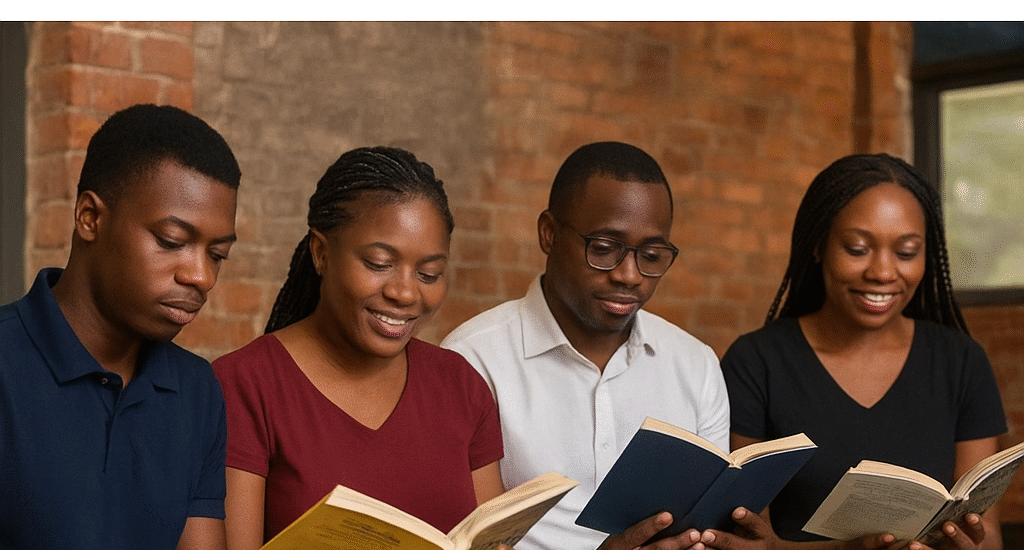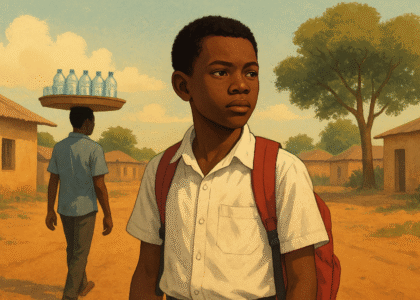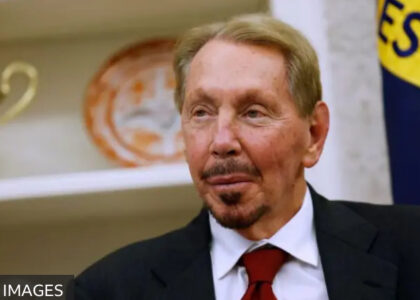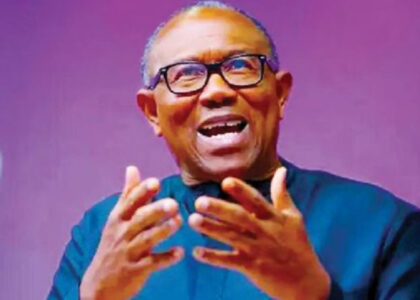In a remarkable show of endurance, passion, and love for books, a group of young Nigerians recently embarked on an incredible challenge — a 431-hour, 31-minute, and 25-second reading marathon in Lagos. The attempt, organized under the nonprofit platform Naija ReadFest, aimed not only to set a new Guinness World Record but also to shine a spotlight on one of the most pressing issues in the country today: literacy.
The reading took place inside a cozy Lagos restaurant, with the entire event streamed live for days. The participants — Precious Ukachi, John Obot, Stephen Oyelami, Temitope Ogunremi, and Ketura Heman — took turns reading aloud, one after the other, without breaking the flow. In total, they read 79 books authored by Nigerians, giving visibility to homegrown writers and celebrating the beauty of African storytelling.
More Than a Record Attempt
While the marathon itself captured attention, the purpose behind it was far greater. According to the organizers, the project was designed to start a conversation about Nigeria’s literacy challenges. With millions of children out of school and access to quality books still limited, the team wanted to create awareness and inspire a national commitment toward reading culture.
Even though Guinness World Records has yet to confirm whether their attempt will be officially recognized, the group has submitted all necessary documentation. But in the eyes of many, their feat has already broken barriers — not only of stamina but also of perception. They proved that Nigerians are eager to engage with books when given the right platform.
Literacy in Nigeria: A Growing Concern
Nigeria, Africa’s most populous nation, faces worrying statistics in education. A significant number of school-age children are not enrolled, and many who do attend lack access to sufficient reading materials. This literacy gap contributes to larger social and economic challenges.
By taking on a reading marathon of such scale, the Naija ReadFest team hopes to challenge attitudes toward reading and to prove that books can still capture the imagination of both young and old. “It’s not just about setting a record,” one of the participants explained. “It’s about showing Nigerians, especially children, that reading is powerful and can change lives.”
A Celebration of Nigerian Authors
Another highlight of the marathon was the careful selection of books. All the 79 titles came from Nigerian writers — a deliberate decision to celebrate local voices. From classic storytellers to contemporary authors, the lineup reflected Nigeria’s diverse literary landscape. For many viewers who tuned in online, it was also an introduction to works they had never heard of before.
At a time when negative headlines often dominate the news, this story is refreshing. It highlights resilience, creativity, and hope. The fact that young Nigerians sacrificed sleep, comfort, and time to advocate for literacy is itself a lesson in dedication. Their effort has already inspired conversations about community book drives, library donations, and volunteer-led reading clubs across the country.
Looking Ahead
Whether or not Guinness World Records officially certifies the attempt, one thing is clear: the message has been delivered. Nigerians want to read, they want to write, and they want to build a culture of knowledge that can drive development.
In a world where digital distractions pull attention away from books, the 431-hour marathon serves as a bold reminder that stories still matter — and that a nation that reads is a nation that grows.






